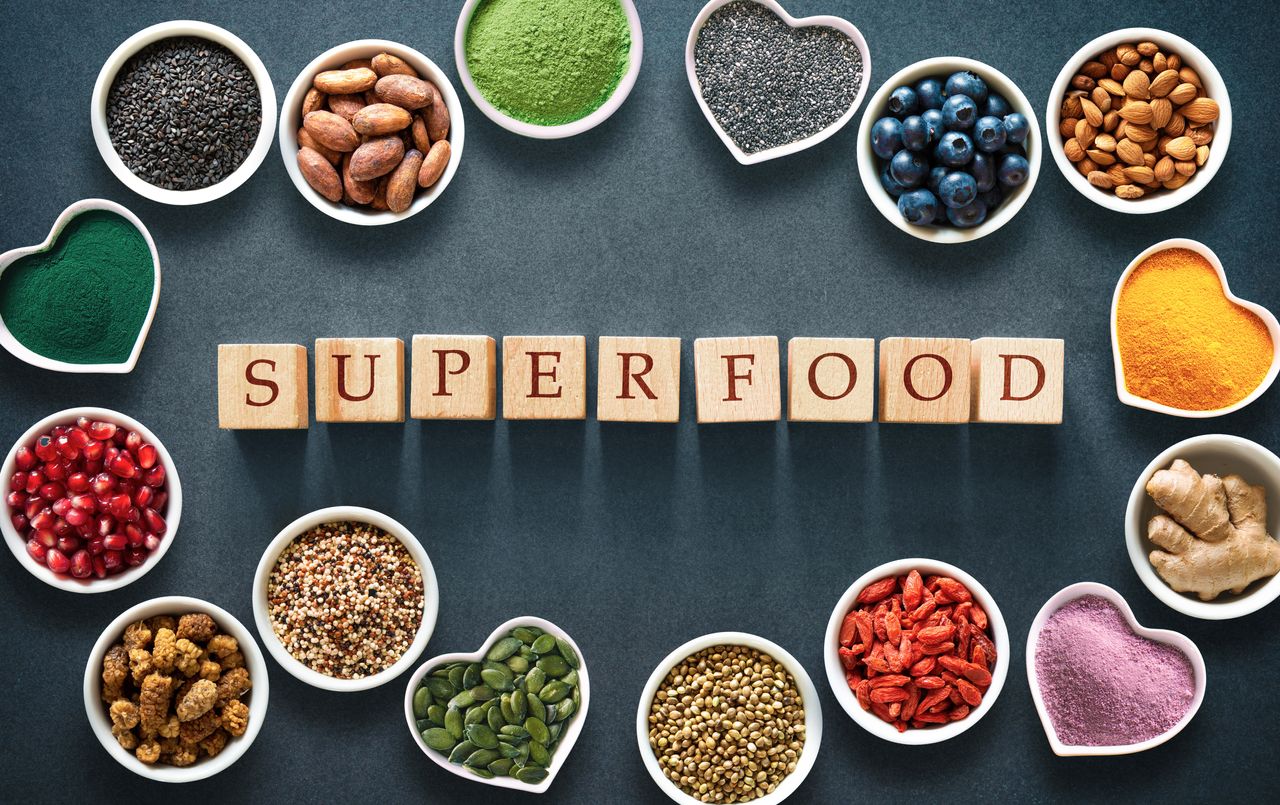– An article by Karan Modi
Add lentils to your meal and you are sorted for protein. Smother your wholegrain toast with avocado and your heart will always be healthy. Throw chia seeds, raw berries, and kale into a juicer mixer and you’ll be like Anil Kapur and Madhuri Dixit!
This is what we are told when brands promote nutritious foods as ‘Superfoods.’ This word has given the impression that eating a ‘superfood’ will boost their health like magic. But is that true?
If you believe such claims, then why change your entire lifestyle when you can just add kale and chia seed to your diet and stay healthy? Why follow a strict diet and fight hunger when you can enjoy a bowl full of fruits, cereal, and milk?
Food companies can tell a few lies in one sentence and use the word superfood to sell their lies in the market. So, let’s investigate this miraculous food and see what is fact and what is fiction!
Superfoods: The Definition
Well, there is no scientifically based or regulated definition of a superfood. However, food is promoted as a superfood when it has high levels of nutrients, is believed to offer numerous health benefits, or can prevent or cure a disease.
Additionally, superfood products are omnipresent in the health and fitness world. For instance, when you type superfood on an eCommerce site, you will be presented with products such as coffee creamers, dried fruits, and supplements, which are super expensive!
This makes consumers think that products termed as a superfood are healthy. Which in turn, makes users spend more money on costly products that are marketed as healthy. Companies advertise how superfood powder, supplements, and protein bars can provide them with more benefits compared to natural fruits and veggies.
So, are superfoods really healthy or just advertised by companies to gain immense profits? Let’s see.
Superfoods: Genuine Healthy Food or Super Profit for Companies?
In this digital world, information travels faster than light as it can become viral within seconds. This has made superfood producers and sellers aware of how they can leverage this and make a profit. Thus, according to statistics, the Health and Wellness industry is worth 4.2 Trillion dollars.
Additionally, according to a Nielsen survey, people are ready to pay more for products that are labeled as healthy and perceive them as protection against disease. People who go for such foods often eat them as a way to prevent diseases such as obesity, high cholesterol, and heart-related problems.
If these superfoods can treat cancer, why waste resources on research and scientists when all cancer patients have to do is eat a bunch of superfoods regularly? No wonder why plant-based foods, which are naturally nutritious, top the list of superfoods.
Final Thoughts
Many of the foods that are often classified as superfoods are, in fact, healthy and nutrient-dense. Incorporating a variety of fruits, vegetables, nuts, and seeds into your diet is always a good idea for overall health and well-being. However, it is important to be wary of marketing hype and to approach claims about superfoods with a critical eye.






















